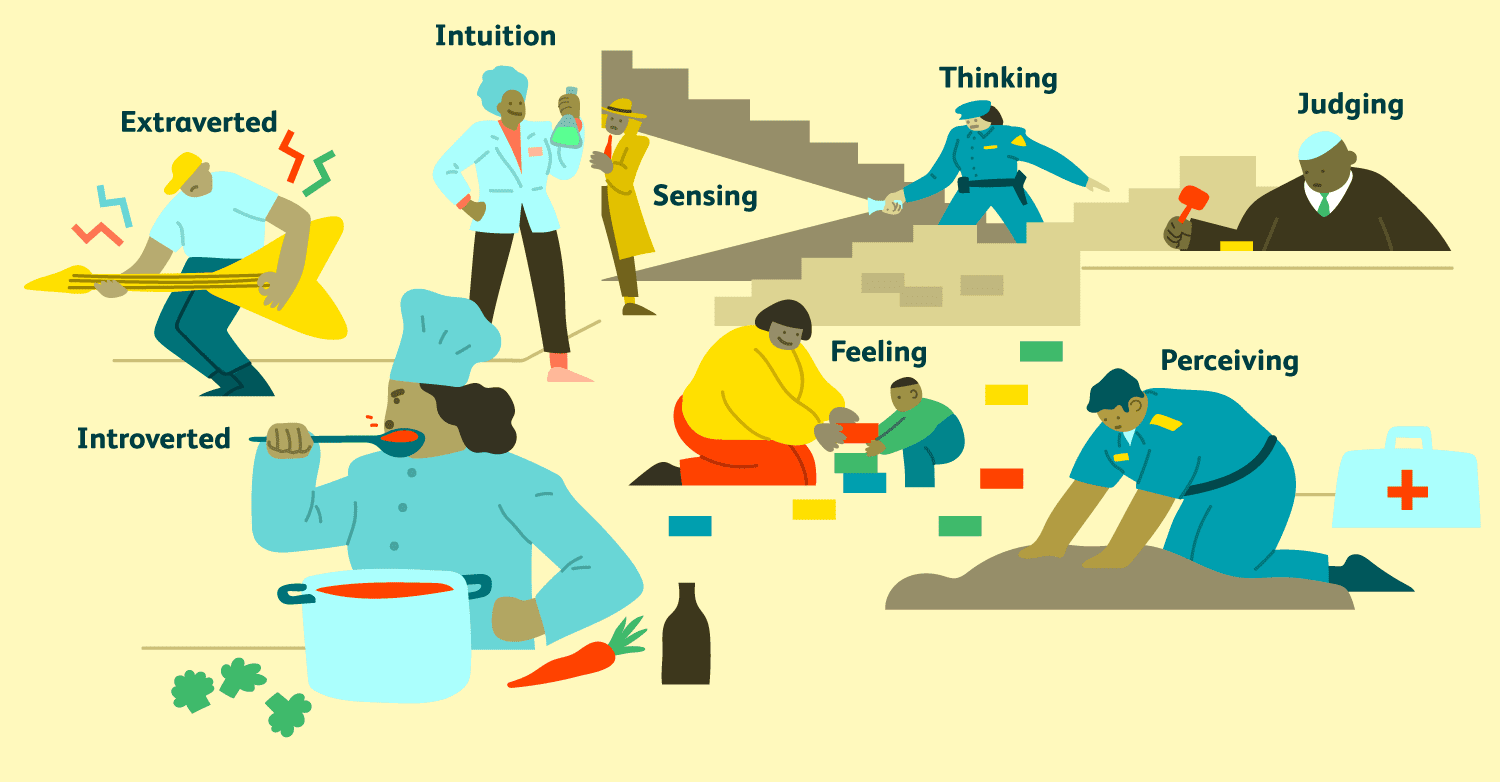
FAQ About Myers-Briggs Personality Type Test

Can my Myers-Briggs type provide insights into my learning style?
While the Myers-Briggs Type Indicator (MBTI) primarily focuses on personality preferences, it can provide some insights into learning styles as well. Learning style refers to an individual's preferred way of acquiring and processing information. While the MBTI is not explicitly designed to measure learning styles, certain patterns can emerge based on an individual's MBTI type. Here are some general associations that have been observed:
Extraversion (E) vs. Introversion (I):
- Extraverts may prefer interactive and group learning environments that involve discussions, brainstorming, and collaboration.
- Introverts may lean towards solitary learning environments, where they have time for reflection, focused study, and independent exploration.
Sensing (S) vs. Intuition (N):
- Sensing types often prefer concrete and practical learning experiences. They may excel in structured and detail-oriented learning environments that emphasize facts, examples, and step-by-step processes.
- Intuitive types may thrive in learning environments that encourage exploration, theoretical concepts, and connections between ideas. They may enjoy conceptual thinking and imaginative approaches to learning.
Thinking (T) vs. Feeling (F):
- Thinking types tend to prefer logical and analytical learning approaches. They may appreciate systematic learning methods, problem-solving exercises, and objective evaluations.
- Feeling types may gravitate towards learning environments that value personal connections, empathy, and consideration of values. They may find experiential and human-focused learning experiences more engaging.
Judging (J) vs. Perceiving (P):
- Judging types often prefer structured and organized learning environments with clear goals, deadlines, and schedules. They may thrive with well-defined study plans and a sense of closure.
- Perceiving types may enjoy more flexible and open-ended learning environments. They may appreciate learning experiences that allow for exploration, adaptability, and spontaneous discovery.
